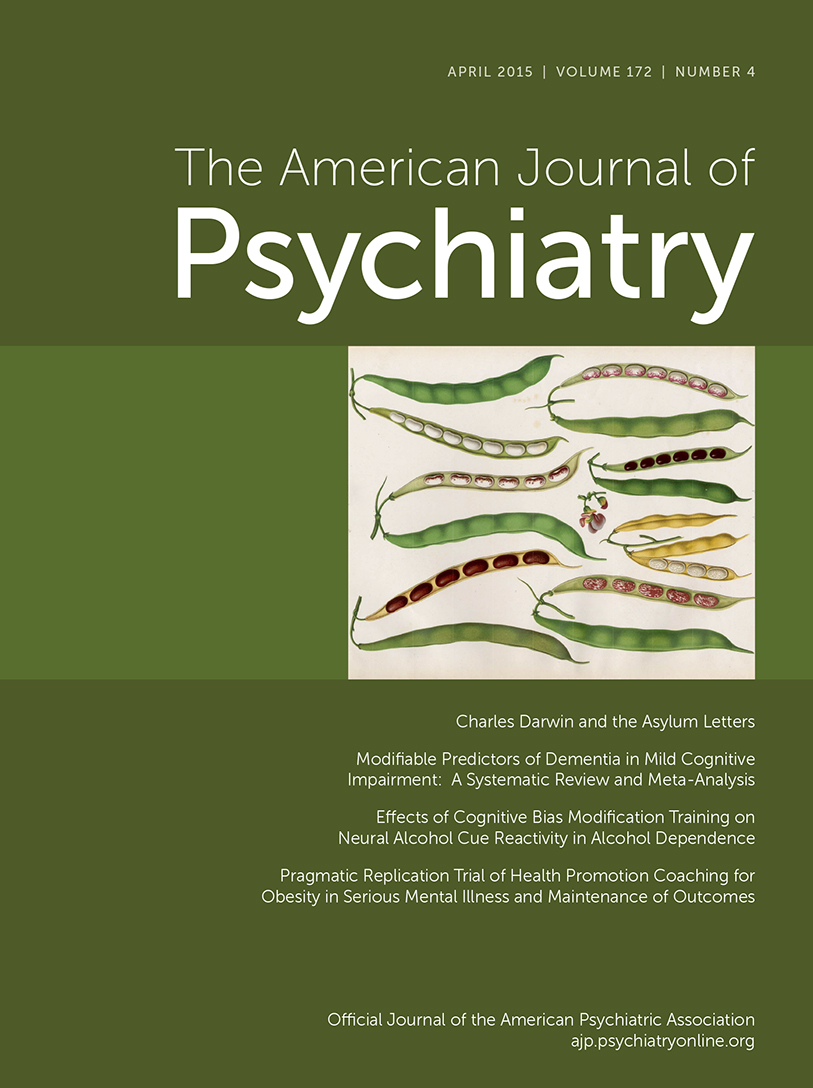Association of CRP Genetic Variation and CRP Level With Elevated PTSD Symptoms and Physiological Responses in a Civilian Population With High Levels of Trauma
Abstract
Objective:
Increased systemic inflammation is associated with stress-related psychopathology. Specifically, levels of the proinflammatory marker C-reactive protein (CRP) are elevated in individuals with posttraumatic stress disorder (PTSD). Furthermore, single-nucleotide polymorphisms (SNPs) in the CRP gene are associated with CRP level, risk for cardiovascular disease, and obesity. The authors examined whether polymorphisms within the CRP gene and increased CRP levels are associated with PTSD symptoms and fear physiology in a civilian population with high levels of trauma.
Method:
Cross-sectional data and DNA samples were collected from 2,698 individuals recruited from an inner-city public hospital that serves a primarily African American, low-socioeconomic-status population. A subgroup of 187 participants participated in further interviews, testing, and physiological measures; of these, 135 were assessed using the fear-potentiated startle paradigm to assess fear-related phenotypes of PTSD.
Results:
One SNP within the CRP gene, rs1130864, was significantly associated with increased PTSD symptoms (N=2,692), including “being overly alert” as the most significant individual symptom (N=2,698). Additionally, CRP genotype was associated with the odds of PTSD diagnosis (N=2,692). This SNP was also associated with increased CRP level (N=137), and high CRP levels (>3 mg/L) were positively associated with PTSD symptoms (N=187) and fear-potentiated startle to a safety signal (N=135).
Conclusions:
Together, these data indicate that genetic variability in the CRP gene is associated with serum CRP level and PTSD symptom severity, including that of hyperarousal symptoms. Elevated CRP levels were also associated with exacerbated fear-related psychophysiology and PTSD symptom ratings and diagnosis. These findings suggest a potential mechanism by which an increased proinflammatory state may lead to heightened PTSD symptoms.



